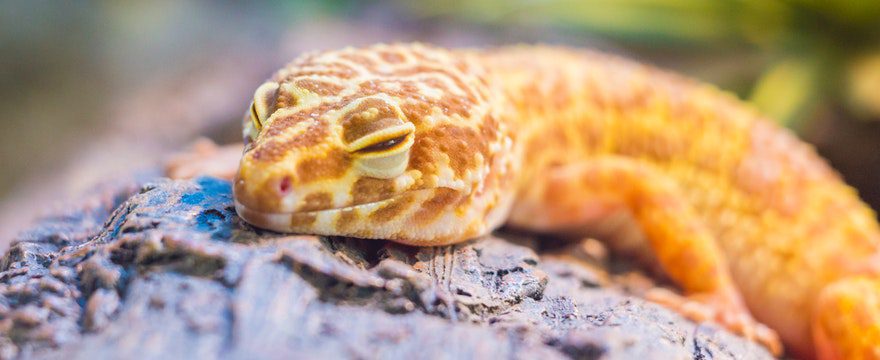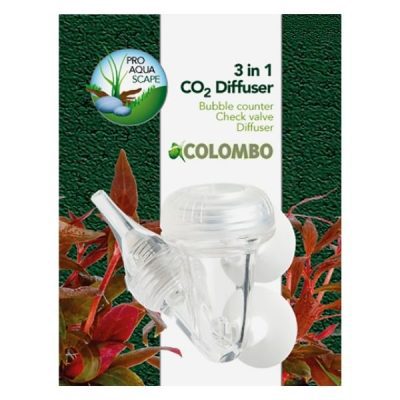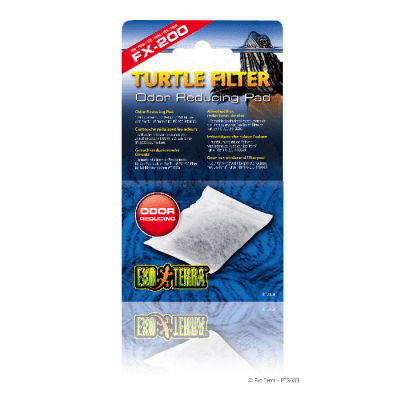Although each type of reptile has its own requirements and needs, it’s possible to have common symptoms to look out for across all reptile species.
Like all pets, all types of reptile have their own unique health needs. As they’re a little more unusual than your typical pets, like cats or dogs, it’s important to get to know as much as you can about your chosen reptile’s health needs. Make sure to complete enough research before bringing them home and throughout their lifespan.
From snakes to tortoises, lizards to chameleons, these coldblooded pets can make wonderful pets. They can make incredibly engaging, interesting and charming pets for those with the time to dedicate to them!
Loss of appetite:
Likewise, with all pets, a loss of appetite could suggest that something isn’t right. The first step you should take with your reptile is to ensure that they are happy in their environment. Stress is a massive factor that can lead to common health symptoms, including weight loss or a loss of appetite.
If your reptile’s environment is ideal for their needs and you have concluded your spot check for it and they are still acting lethargic it is then worth consulting your vet for further advice. They will be able to investigate further for any other potential causes.
Change in behaviour:
It is not always the easiest task to tell if your reptile is sick, which is why taking note of these types of behaviour changes is really important. Behavioural changes can be another symptom of an undetected problem and it is in the best interest of your reptile to get to the bottom of why they are acting differently as soon as possible. For example, if your reptile becomes unenthusiastic to move this could indicate that they are stressed or ill. Comparably, if your reptile is showing a scared behaviour is could indicate that they feel threatened and could even attempt to bite.
Skin shedding:
A lot of reptiles will shed their skin regularly as an indicator of growth. It is usually nothing to worry about but it is a good idea to find what’s normal for your chosen reptile species. Using a snake as a good example, they rather shed their skin as a whole piece rather than in smaller patches. Sticking with the snake example, if the shed comes off in bits and pieces it can be linked with an environmental change needed, such as providing a humid shedding hide.
Difficulty breathing:
Similar to humans, reptiles can be prone to respiratory infections. There a few symptoms that can outline the first protocol for a vets check. These symptoms can include, struggling for air, discharge around their mouth and nose area or generally seem unwell, it can be a sign of a respiratory infection. If you’re concerned about these symptoms, be sure to consult your vet.
Oral health problems:
Oral health is so important in every pet. Some of these symptoms can determine some issues within your reptile friend. Some of these symptoms include;
- Inflammation of the mouth
- Decreased intake of water
- Thickening of saliva
- Yellow puss in and around their mouth
It is so important to keep track of these symptoms as oral health problems can be a greater symptom of a bigger problem. Be sure to consult this with your vet for higher advice and procedures.
With a vast majority of sickness symptoms within reptiles, it is in the best interest of your reptile to consult a vet to be able to be advised on the best course of treatment to get them back in tip-top shape!
For any more information about reptile species, click here.










